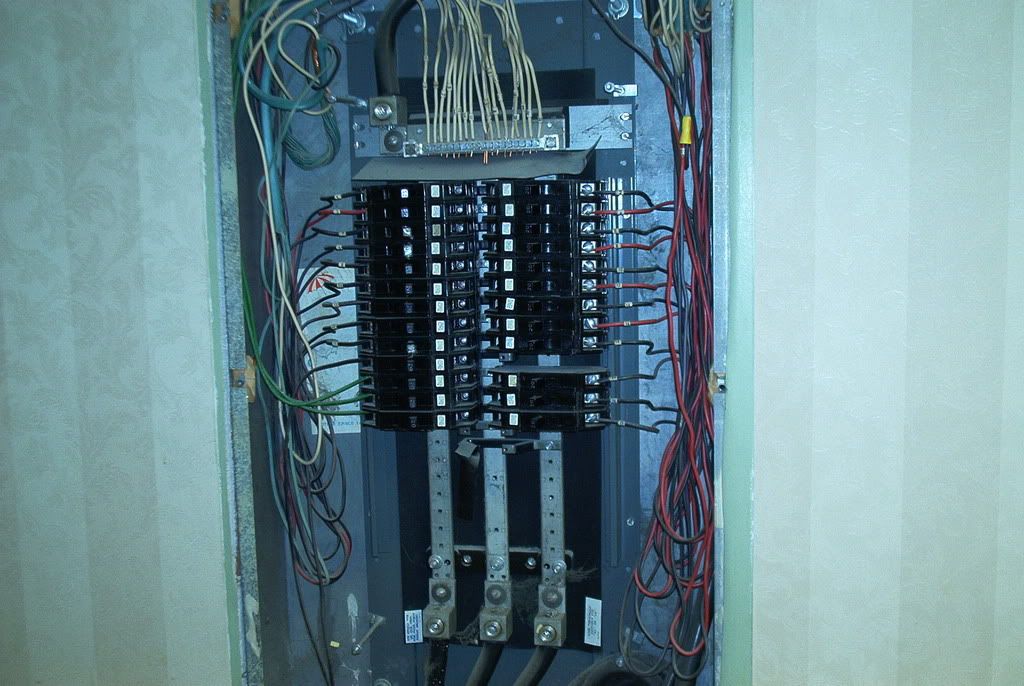Sierrasparky
Senior Member
- Location
- USA
- Occupation
- Electrician ,contractor
No , I am retired for awhile now . I do not know the up to date AFCI code in SF . Where ever i have worked in the US , I have never been required to instal a AFCI by code cycle the area was on or type of work commercial , industrial , residential I was doing .
I have always been strict with the code and inspections . That is our Trade . I just manage to never instal one . I did a lot of large commercial work .
I do hope the Electricians today get them out of the NEC . It will be bad for our trade in the future .
Bring back the Edison Fuse .... The best circuit protection .
Don
I can't believe you never had to install a AFCI if you have done residential work. When was the last time you worked residential?


